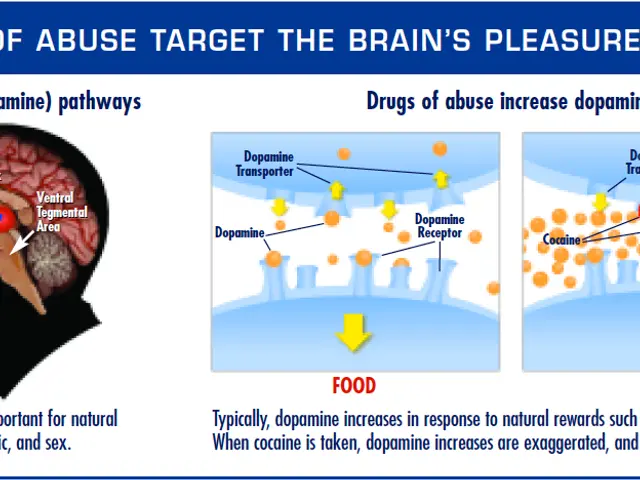FDA's Generic Mifepristone Approval Sparks Pro-Life Concerns Over Safety and States' Rights
The U.S. abortion landscape has seen a significant shift with the FDA's recent approval of a generic version of mifepristone, a drug used for abortion. Pro-life organization Susan B. Anthony Pro-Life America has condemned this decision, arguing it undermines states' rights and poses safety concerns.
The organization cites alarming statistics, claiming abortion is the leading cause of death in the U.S., with over 1.1 million procedures annually, more than 60% involving abortion drugs. Kelsey Pritchard, Political Communications Director, warns of high complication rates, including hemorrhage, infection, and the need for surgery. The HHS is currently studying mifepristone's adverse effects to ensure its risk mitigation program is sufficient.
Pritchard argues that mifepristone was originally fast-tracked for approval under President Bill Clinton by classifying pregnancy as an illness. She also criticizes the FDA's approval process for generic drugs, stating that they do not require independent data on safety and effectiveness. Andrew Nixon, HHS Communications Director, confirms this, noting that generic applicants are not required to submit such evidence if the drug is identical to the brand-name version.
Susan B. Anthony Pro-Life America contends that the FDA's decision undermines states' rights, which have been increasingly restrictive on abortion access. The organization seeks to end abortion by advocating for laws that save lives and electing national leaders who align with their mission.
The FDA's approval of the generic mifepristone has sparked controversy, with pro-life advocates expressing safety concerns and challenging the FDA's discretion in approving generic drugs. As the HHS studies the drug's adverse effects, the debate surrounding abortion access and the role of the federal government in regulating it continues to evolve.








